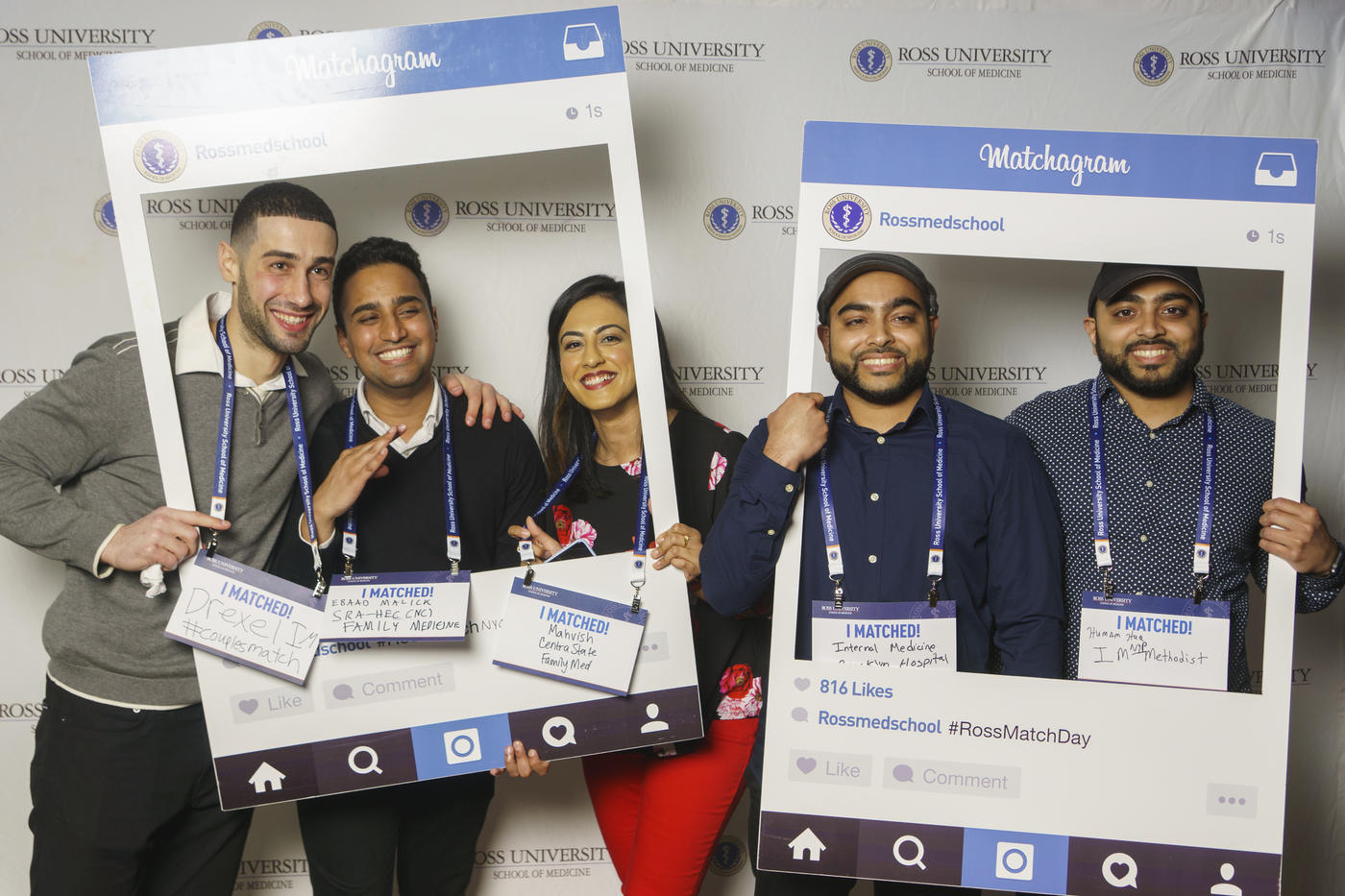Residency Prep Timeline
Graduation from Ross Med is a big accomplishment—but before you can practice medicine, you’ll also need to complete the USMLE® Step 3 and a medical residency.
Application and Interview Prep
Beginning in September of your fourth year at Ross Med, you’ll begin working with the Office of Career Advisement (OCA) to apply to ACGME-accredited residency programs through the Electronic Residency Application Service® (ERAS®) offered by the Association of American Medical Colleges (AAMC).
Residency Prep FAQ's
If you are eligible to enter graduate medical education (GME) on July 1 in the year of the match, you are eligible to apply for residency. You must meet all requirements for entry into GME as outlined by the ACGME.
You may begin applying to residencies on September 1. ERAS recommends that you apply no later than September 21 to ensure that your application is available when programs begin accessing applications on September 29.
Yes. ERAS and the NRMP are separate organizations, so you will register separately for each one.
You may register for ERAS beginning in June. NRMP registration is available from September 15 through January 31. Programs cannot rank applicants until NRMP registration is complete.
Residency program interviews typically take place from October through February.
You can submit your rank order list beginning February 1 until early March. You should rank programs in order of your true preference, not where you think you will match.
Yes. You enter a binding agreement with the NRMP when you register for the Match. Unless a special waiver is secured from the NRMP, you are obligated to attend training in the program to which you are matched.






